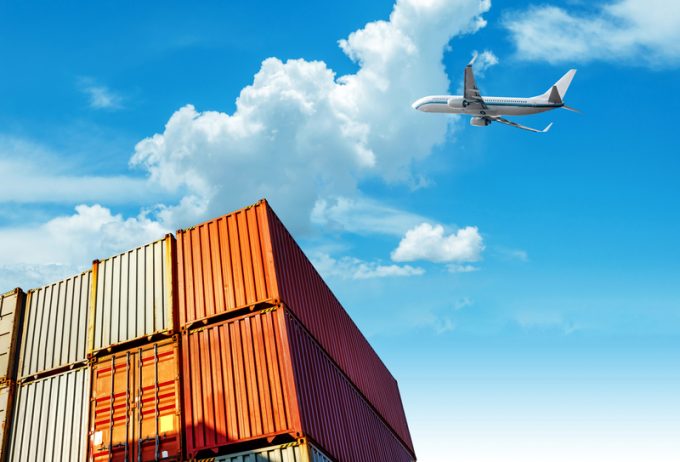No summer siesta for airfreight
Traditionally, air cargo spot rates tend to decline or remain flat at best during H1, ...

A perfect storm of disruption in shipping, plus the early February start to Chinese New Year, is expected to push air freight rates up – but it has not happened yet – rail demand from Asia-Europe has increased, however.
The TAC Index noted that the overall Baltic Air Freight Index “suddenly fell 20.5% over the two weeks to 1 January”.
Forwarders say they are getting an increasing number of inquiries, but have not booked significant additional demand on air or sea-air – as yet.
“I have not seen so far that the Red Sea crisis has caused a big impact on the air freight market, although we’ve had significantly increasing enquiries for rail freight, including both eastbound and westbound,” explained one forwarder based in Shanghai.
“Lots of them have confirmed the final orders already and rail freight space has become very busy. There are some enquiries about possible sea-air via Dubai, but I assume they’ve just make a comparison of budgets. So far, none of the enquiries has become a real final live booking – but perhaps it’s because we do not deal a lot with garment retailers.”
The forwarder added: “In the past a few weeks, with the holiday season, there were fewer real orders moving, so I would say keep watching in the next few weeks as we get towards Chinese New Year, as there should be many more real orders coming. Then we will see how the crisis will finally impact on air freight.”
CargoGulf, which last month began to promote its sea-air services in anticipation of a rise in demand, agreed it hadn’t happened yet.
“We see lots of enquiries, but conversion is not as much as I would have thought,” said Hans-Henrik Nielsen, global development director. “The biggest origin is Sri Lanka, which has surprised me.”
Metro Shipping said that once shippers understood the full ramifications of the extra transit time for shipping lines, rates would rise.
It asked: “What’s the impact going to be on air freight once shippers realise components, stock and inventory needed for manufacturing are running low, along with the clash with CNY, which starts early in February?
“Both shipping lines and air carriers will increase rates to cope with increased demand from Asia to Europe and the US, with a peak season to replace the subdued one last year.
“Air cargo volumes increased in the last quarter, and are likely to increase significantly as shippers transfer cargo away from sea, with rates already rising and a spike very likely ahead of CNY. We anticipated this becoming evident in the next two weeks and we are taking action now to cover capacity and demand.”
A European forwarder said it was seeing increased sea-air demand “as a solution from Bangladesh, Cambodia and Vietnam, via both Singapore and Dubai, and operationally and cost-wise it carries benefit in the current market – and will do in two to three weeks’ time when the impact really begins to be felt.”
He added: “It will take a few weeks to properly filter through, as shippers realise stock, components and general inventory are sitting somewhere around Africa and not in their warehouse or the overseas customer’s warehouse.
“It will happen – think of all that cargo caught in 10-25 day elongated transits, and that’s without any resulting congestion at destination due to changes in schedules. So, whereas we would expect a lull from India to South-east Asia, it’s definitely not happening on those lanes.
“We are experiencing stronger than expected rates and backlogs on Cambodia, Vietnam, Bangladesh, Sri Lanka and India in particular.”
The TAC Index noted that the sudden fall in its overall index was “heavily skewed by falling rates out of China, with every lane tracked from Hong Kong and Shanghai heading lower”.
It explained: “Sources suggested the sudden drop probably reflected a drop in spot market volumes – leaving a higher proportion of business conducted at previously agreed (lower) contract levels. Rates from elsewhere in Asia were not falling so much week on week – and indeed higher on lanes to Europe from Vietnam, Bangkok and India.”
Comment on this article